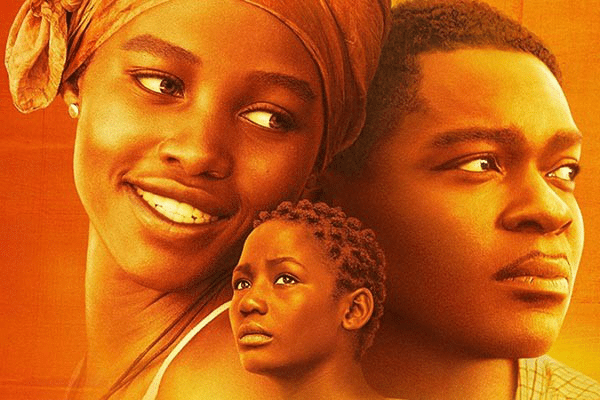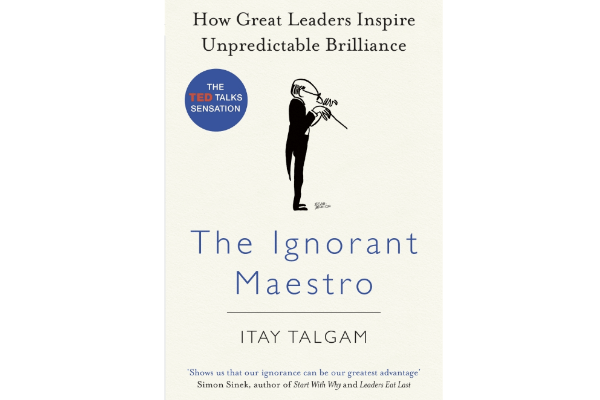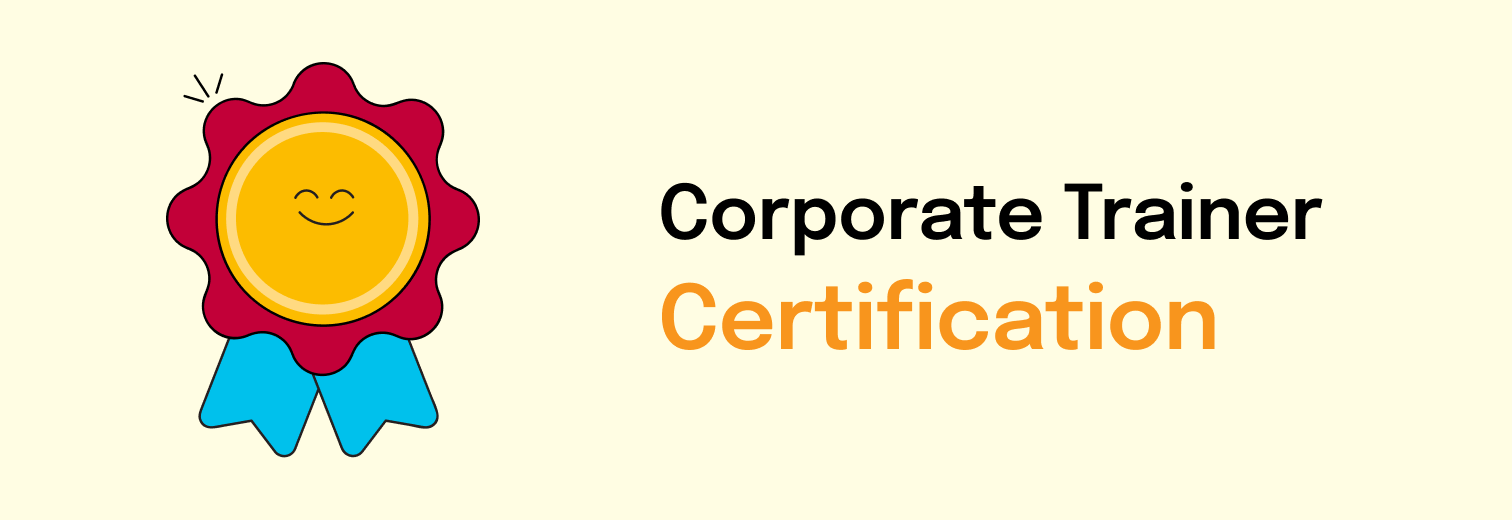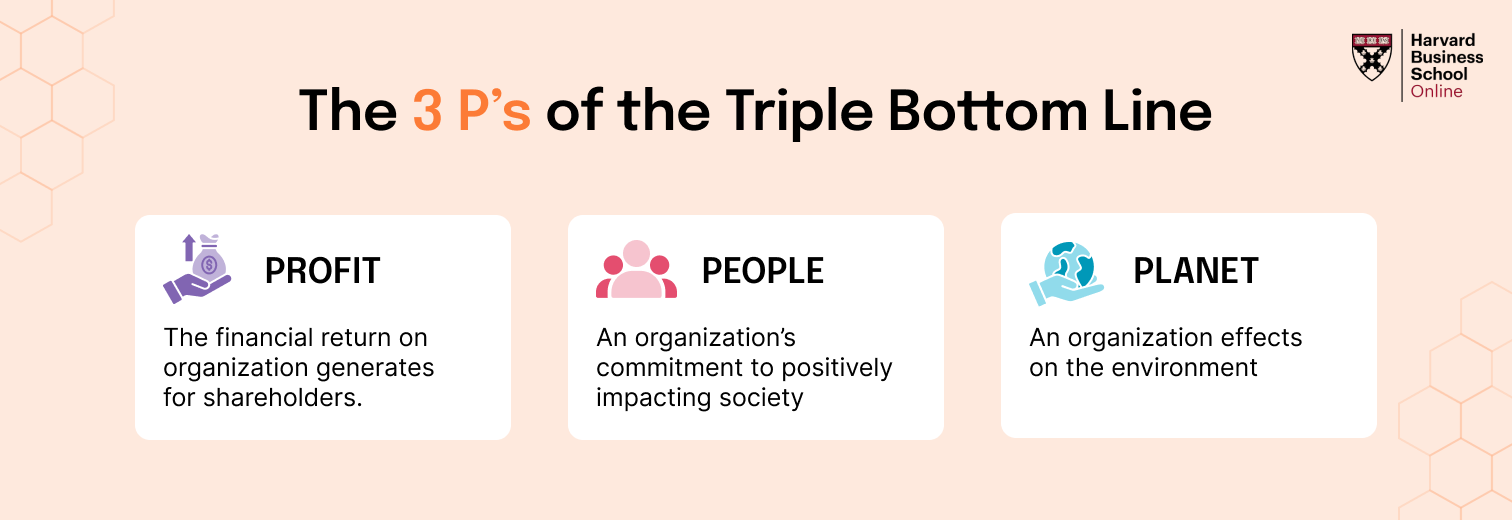From the slums of Katwe, Uganda to becoming a global chess sensation, Phiona Mutesi’s story is nothing short of extraordinary. Her rise from selling maize to becoming the subject of a Disney motion picture, “Queen of Katwe” (2016), is an inspiring tale of grit, perseverance, and the transformative power of belief. For us in the world of corporate learning and development, Phiona’s journey offers more than inspiration – it offers real and actionable leadership insights that are incredibly relevant in today’s VUCA (Volatile, Uncertain, Complex, and Ambiguous) world.
We find that the strongest leadership lessons often emerge not from boardrooms but from life stories that challenge the norm. Phiona’s life is one such story. Here are three powerful leadership lessons that continue to resonate with us, especially when enabling transformation at the workplace.
1. Keep Looking: Opportunity Often Comes Disguised
Table of Contents

Phiona never imagined a future beyond the slums of Katwe. Her daily life was defined by uncertainty and survival. But when she stumbled upon a small chess program run by the Sports Outreach Institute, she didn’t know she had just taken the first step toward becoming a champion.
In our workshops, we often highlight the importance of remaining open to possibilities. Opportunities don’t always arrive with fanfare; more often than not, they come disguised as mundane or even challenging situations. The differentiator? A mindset that keeps looking.
We’ve noticed that in the fast-paced world of business, leaders who constantly scan the environment, stay curious, and encourage exploration are the ones who foster innovation and agility. It reminds us of Vijay Shekhar Sharma, the founder of Paytm. His success wasn’t overnight. It came after multiple failed ventures, and his ability to keep looking eventually led to the billion-dollar idea.
Corporate takeaway: Encourage your teams to explore. Build a culture that values experimentation and curiosity. Some of the most valuable innovations emerge when people are free to look beyond their immediate tasks.
Related Reading: Employee Development Planning | Strategies for Growth
2. The Power of Gut Feel

One of the most beautiful moments in Phiona’s story is when she discovers her love for chess. Amidst the chaos of her everyday life, the game gave her structure, purpose, and joy. She couldn’t have predicted the outcome, but something inside her told her to keep going.
In our coaching conversations with senior leaders, we often talk about the balance between data and intuition. As much as metrics and dashboards help us navigate complexity, the role of gut feel – that inner voice – cannot be underestimated. Intuition, refined through experience, is often the X-factor in high-stakes decision-making.
Jack Welch famously named his book “Straight from the Gut” – not “Straight from the Numbers.” That’s no coincidence. Leaders like him understood that while logic informs strategy, intuition drives bold moves.
Corporate takeaway: Create space for leaders to reflect, trust their instincts, and act even when data is incomplete. Encourage courage over certainty.
Related Reading: Why Trust Matters?
3. Invest in Coaching: No One Wins Alone
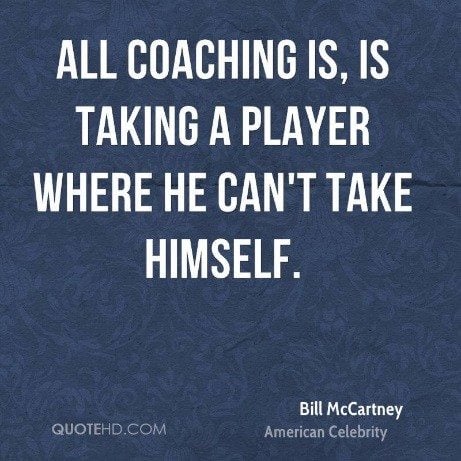
Behind every great story is a great mentor. For Phiona, that was Robert Katende. He didn’t just teach her how to play chess; he invested in her potential, guided her through setbacks, and opened doors that would have otherwise remained closed.
In our experience, many organizations still underestimate the power of coaching. Yes, training is important. But coaching provides the emotional scaffolding required to navigate real-time challenges. It’s about helping someone discover what they can’t see for themselves.
We’ve seen how high-impact managers double as coaches – offering support, challenging limiting beliefs, and nudging their teams to outperform themselves. Whether it was Steve Jobs having Steve Wozniak or Sachin Bansal working alongside Binny Bansal, the greatest successes are rarely solo acts.
Corporate takeaway: Embed coaching into your leadership development strategy. Equip your managers to coach, not just supervise.
Related Reading: The Power of Coaching
Additional Lessons Hidden in the Story
The richness of Phiona’s story goes beyond these three lessons. Here are a few more we discuss in our leadership programs:
a. Resilience is Learnable
Phiona’s circumstances were incredibly difficult, but she bounced back each time she failed. That’s not just individual grit; that’s learned resilience. In our resilience workshops, we often say: adversity doesn’t build character alone – guided support and reflection do.
b. Belief Changes Trajectory
Katende saw in Phiona what she couldn’t see herself. As L&D professionals, we talk a lot about psychological safety. But at its core is belief – a belief that people can rise. Leaders who believe in their teams see them do extraordinary things.
c. Environment Shapes Possibility
Chess gave Phiona more than a skill – it gave her a community, a support system, and an identity. That’s what great workplaces do. They become enablers, not just employers.
Applying These Lessons in the Workplace
We believe that stories like “The Queen of Katwe” offer profound insights for organizations. Here’s how we help bring these lessons alive in our interventions:
- Simulation-based workshops: Where teams are challenged to spot opportunities and act on them
- Coaching circles: Where peer-to-peer learning mimics the kind of mentorship Phiona received
- Reflection spaces: To help leaders connect with their instincts and purpose
- Storytelling modules: That build empathy, perspective-taking, and belief in human potential
In Closing
In a world chasing quick wins, Phiona Mutesi’s story reminds us of the long game. It tells us that greatness isn’t born out of privilege or pedigree, but from purpose, support, and action.
In our work with leaders and teams, we keep returning to such stories – because they reflect the very spirit of what leadership should be: enabling others to be more.
If you haven’t already watched Queen of Katwe, we highly recommend it – not just as a movie, but as a masterclass in leadership.
And we’d love to know: what’s one movie that has taught you a leadership lesson you still carry with you?
